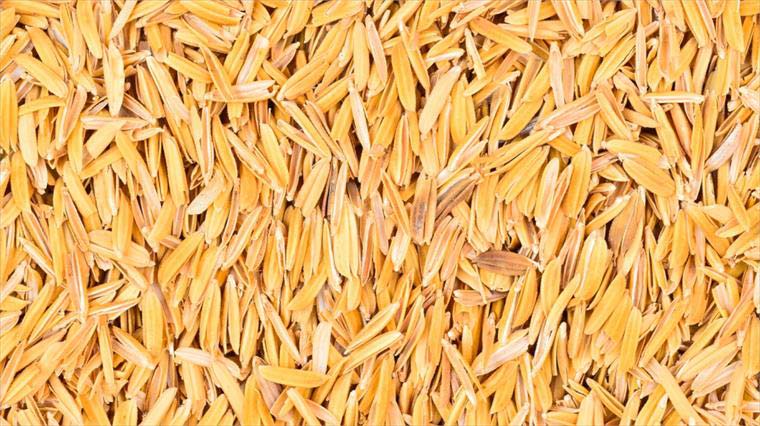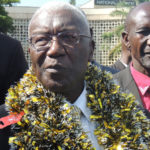Local rice growers under the umbrella of the Rice Association of Uganda (RAU) has warned government against the uncontrolled importation of brown rice into the country, saying it is stifling their business.
“At a time when domestic production contributes nearly 80% of the total amount of rice consumed each year, the sector faces challenges such as uncontrolled importation of rice with concessions and duty waivers, inconsistent and erratic tax and other policy changes, and a reduced market for domestic rice,” RAU said in a recent statement.
“What we have seen in the last three years are upheavals in the rice sector resulting in a shift from the basic principle of import substitution to a pro-imports stance,” Dr. John S.J.Daniel said in a communiqué RAU issued last week.
The rice growers say that the unchecked inflow of foreign rice into Uganda will displace Ugandan and EAC rice on the market.
“As evidenced in the last three years, the imported rice will flood the market and depress the price of domestic and EAC rice,” he said in a communiqué, warning that as a consequence, local farmers will have no choice but to stop farming rice. “Our domestic production will fall, necessitating more importation to meet consumption. In other words, importation of duty free rice only leads to further dependence on imports,” he said.
RAU warns that rice imported into Uganda comes from a heavily subsidized environment where governments ensure that production is high and market prices are kept low in order to ensure low prices for consumers and to increase exports. Such agricultural subsidies are not available in Uganda. Rice growers, in Asian countries, pocketed at least $60b in subsidies in 2014/15, twice as much as maize farmers, the second most supported category of farmers.
RAU says that uncontrolled importation of rice from countries like Pakistan will make the investments local growers have put in rice enterprises useless. Overall, total investment is the range of US$400m.
RAU says standalone medium and large rice mills have invested: US$15 – 20m; Large scale farming including on-site milling facilities invested US$100-120m; Government investment in rice irrigation schemes is $50-60m, while small scale farmers and single stage mills: have invested an estimated US$165-200m.
The millers are clamouring for Husked (Brown) rice importation with import duty concessions and waivers, and RAU says it has over 200,000 farmers in regions of the country which calls for government recognition.
“We need to be recognised and heard,|” reads the communiqué also signed by Bongomin Andrew Okot and Haji Ahmed Naleba, coordinators for Northern Chapter and Easter Chapter of rice growers, respectively.
“Production in Uganda has increased year on year due to a protective stance taken by regional governments. The EAC CET in 2004 put in place duties that offset the above-mentioned subsidies making all imported rice sell at a price slightly higher than locally produced rice. In Uganda, price (courtesy EAC CET) has been the sole incentive for the growth of the domestic sector attracting both foreign and domestic large-scale and local small-scale farmers into rice farming,” RAU officials say.







